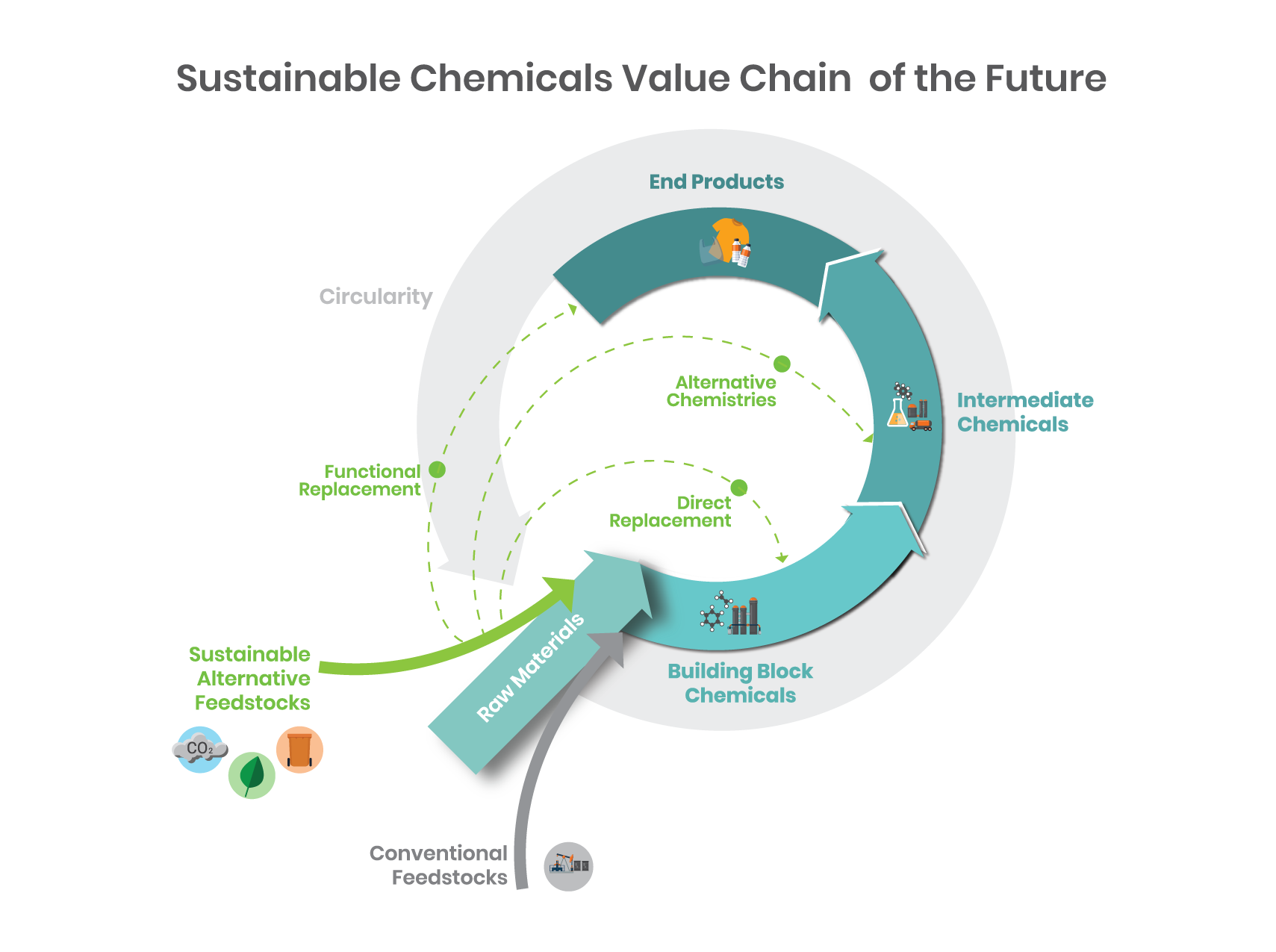Explore the Variety of Chemical Products for Industrial and Commercial Usage
Explore the Variety of Chemical Products for Industrial and Commercial Usage
Blog Article
Understanding the Crucial Elements to Think About When Choosing Chemical Products for Integrated Solutions in Different Industries
In the procedure of choosing chemical items for incorporated options across different sectors, a nuanced understanding of important factors is critical. Similarly important are security and managing procedures that guard personnel while lessening operational threats. As companies strive for efficiency, reviewing efficiency metrics and taking into consideration complete expense of possession become integral to informed decision-making.
Governing Conformity
Regulative compliance is a critical component in the selection of chemical products for integrated services. It incorporates adherence to a myriad of neighborhood, nationwide, and global guidelines that control the manufacture, transportation, usage, and disposal of chemical compounds. Organizations must ensure that the chemical products they choose not only fulfill these governing requirements but also straighten with market standards to minimize lawful and financial threats.
The governing landscape is intricate, usually incorporating guidelines from agencies such as the Epa (EPA), Occupational Security and Health Management (OSHA), and the European Chemicals Agency (ECHA) Conformity requires extensive documentation, consisting of safety data sheets (SDS), labeling requirements, and threat evaluations (Chemical Products). Failure to comply can lead to extreme fines, including fines and assents, and can compromise the safety and integrity of integrated services
Furthermore, positive conformity fosters trust and openness with stakeholders, consisting of consumers and regulative bodies. As markets significantly emphasize sustainability and ecological responsibility, choosing compliant chemical products is not simply a legal obligation but a strategic crucial that enhances organizational reputation and competitiveness in the marketplace. Companies should prioritize governing compliance in their option refines to make certain long-lasting success.
Security and Handling

In addition, companies must purchase comprehensive training programs for employees that handle these chemicals. Such training must cover the correct use of personal safety equipment (PPE), emergency response procedures, and secure storage space methods. Security Data Sheets (SDS) must be readily accessible to all workers, providing essential info on handling, storage space, and emergency measures.
Implementing a durable supply monitoring system is also necessary to track the usage and expiration of chemical products, therefore lowering the likelihood of mishaps. Normal audits and assessments can aid ensure conformity with safety and security criteria and identify possibilities for renovation. Chemical Products. By prioritizing security and dealing with protocols, companies can cultivate a society of security that protects their workers, the environment, and the honesty of their incorporated services
Performance Metrics

Moreover, the assessment of physical buildings such as viscosity, solubility, and thermal security is essential, as these features can dramatically influence the efficiency of chemical solutions. Furthermore, the ecological influence of chemical products is a progressively vital metric, including aspects such as biodegradability and poisoning, which play an essential role in sustainable practices.
Examining efficiency metrics likewise entails thinking about customer feedback and real-world application information to make sure that the chemical items perform under varying problems. Inevitably, a detailed understanding of these metrics enables organizations to make informed decisions, guaranteeing the picked chemical items not just satisfy regulative requirements but likewise give optimum efficiency in incorporated solutions tailored to their details sector demands.
Cost Considerations
When reviewing chemical items for integrated options, cost considerations often drive the decision-making process. Organizations has to carefully analyze not only the preliminary acquisition rate of chemicals yet also their overall cost of ownership, that includes functional, maintenance, and disposal expenses. A thorough understanding of these elements makes it possible for companies to make informed selections that straighten with their monetary constraints.
Furthermore, it is important to evaluate the potential for volume price cuts or long-term agreements with providers, which can significantly decrease costs with time. Companies should likewise think about the scalability of chemical items, as those that accommodate future development can provide much better worth in the future.
Additionally, effective cost monitoring involves evaluating the effect of chemical item option on performance and efficiency. While lower-cost alternatives may appear eye-catching initially, they could cause boosted downtime or minimized performance, inevitably influencing the lower line. As a result, companies must stabilize price with efficiency to make certain that their chemical product choices add favorably to their incorporated solutions.
Ecological Effect
Expense factors to consider play a significant function in the selection of chemical products, however companies should additionally focus on the environmental impact hop over to here of their selections. The environmental footprint of chemical substances can have significant effects, influencing air top quality, water sources, and biodiversity. For that reason, business must perform detailed assessments of the environmental profiles of possible products, concentrating on facets such as poisoning, biodegradability, and the possibility for air pollution.
Organizations should think about options with lower environmental risks, such as green formulations or normally acquired chemicals, which can alleviate damaging impacts. Additionally, conformity with governing frameworks and sustainability certifications can guide the selection procedure, making sure that products line up with both legal needs and company social obligation objectives.
Executing life cycle assessments (LCAs) can also give important understandings right into the lasting ecological i loved this effects of chemical items, from manufacturing to disposal - Chemical Products. This detailed strategy aids organizations in making notified decisions, balancing performance and sustainability. In an increasingly eco-conscious market, prioritizing environmental effect not just boosts brand credibility however likewise adds to a competitive advantage, cultivating durability in a landscape where sustainability is vital
Conclusion
In conclusion, choosing chemical items for incorporated options calls for a detailed examination of regulatory compliance, safety and dealing with protocols, efficiency metrics, price considerations, and ecological influence. By meticulously balancing these crucial aspects, companies can improve functional performance and guarantee adherence to sector standards. Ultimately, notified decision-making in the choice procedure not only promotes sustainability however additionally reinforces brand name credibility, adding to long-lasting success across different sectors.
Report this page